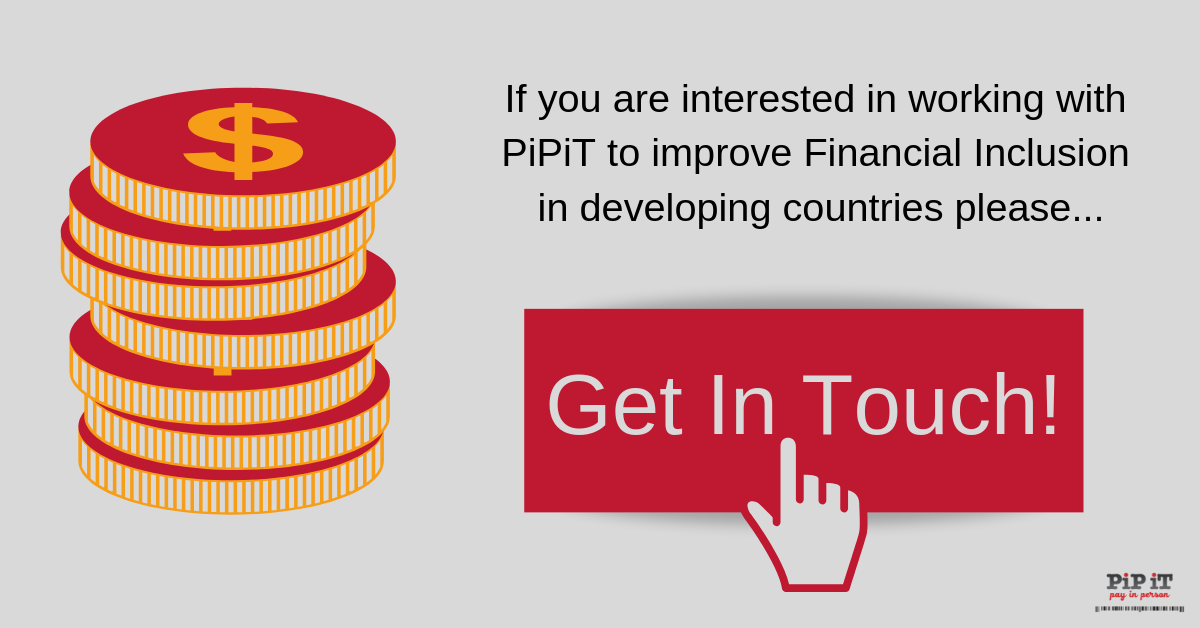With the rapid development of technology and new ways of payment, governments are compelled to either revise current or develop new legislative frameworks and laws regarding cash, digital payments and lately cryptocurrencies. Recently, the United Kingdom's HM Treasury opened a consultation on Cash and digital economy.

Through that document the government is seeking to get insights on:
- How to support people and businesses who use digital payments
- How to ensure that those who need to are able to pay with cash
- How to prevent the use of cash to evade tax and launder money
The consultation is a first step in a debate regarding cash within the UK. It’s clear, to the government, that digital payments can be supported without implementing restrictions on cash. It’s clear to the government as well that “ As an alternative to cash, digital payments offer consumers and businesses convenient, tailored, and flexible ways of purchasing goods and services.They enable transactions to be made online, over the phone, or in store, quickly and securely.”
Nevertheless, cash is still playing an important role for payments. For example, due to strict rules for opening a bank account, a high number of immigrants arriving to the UK each year, for whom cash is the main way of payment, are forced to use cash while they don’t have the required residency status.
"In 2016, the value of Bank of England notes in circulation increased by 10%, reaching over £70 billion in the run-up to Christmas: the fastest growth in a decade”; said Chief Cashier Victoria Cleland at the Future of Cash Conference held in Vienna. It’s obvious that both cash and digital payments are on the rise. One shouldn’t exclude the other but support it, and provide UK citizens with a fair and transparent payment landscape.
Here at Pip IT we’re helping expats with services like International Bill Pay and eDeposit. Feel free to reach out to us and together we can drive changes on financial market.






